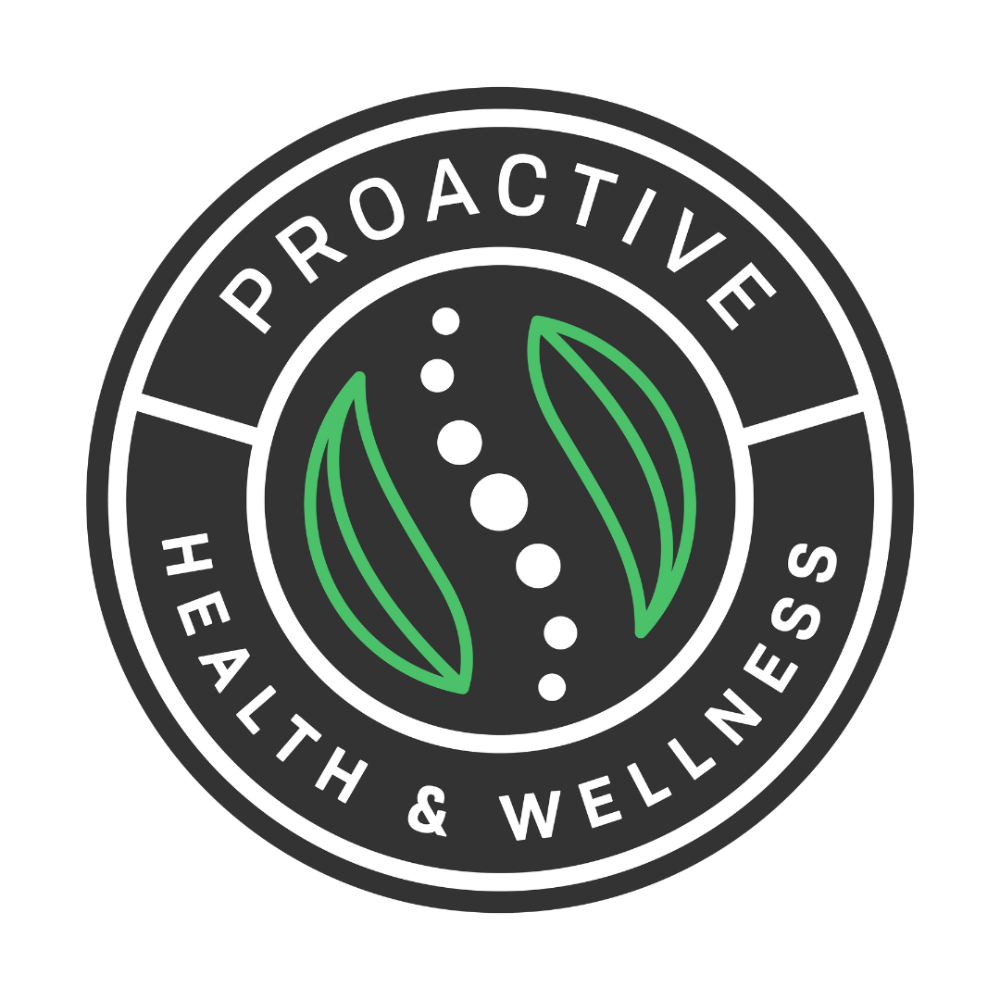
Dysautonomia and Chiropractic Care
adhd birth trauma c-section chiropractic care delivery dysautonomia ear infections gut health immune labor pandas pregnancy sensory vagus nerve May 03, 2023Dysautonomia and Chiropractic Care
Today, let's explore the intricacies of dysautonomia, a term that may be unfamiliar even to some medical professionals. Dysautonomia impacts the autonomic nervous system, responsible for coordinating every bodily function. While medical evaluations often focus on lab results and imaging, the function of the nervous system, particularly in dysautonomia, goes unnoticed.
Wondering about dysautonomia's definition, causes, and its effects on your child's health? More importantly, eager to understand how to help them? If your child faces various health challenges and has consulted numerous specialists, dysautonomia might be the underlying issue. In fact, every teenager grappling with anxiety, depression, brain fog, sleep disturbances, ADHD, and gut issues likely experiences dysautonomia.
What Is Dysautonomia?
Dysautonomia refers to a disorganized and imbalanced autonomic nervous system. This system comprises two sides: the stress-inducing "fight or flight" side and the calming, restful side. Dysautonomia manifests in various symptoms affecting systems throughout the body, leading to conditions like anxiety, depression, ADHD, gut issues, fatigue, brain fog, and sleep disturbances. Addressing dysautonomia becomes crucial for overall health improvement.
Decreased Motility in the Gut
An early symptom of dysautonomia is reduced motility in the gut, presenting as reflux and colicky behavior in infants and chronic stomachaches, nausea, and constipation in older kids. These challenges can be particularly tough for children and teenagers.
Immune Challenges
The autonomic nervous system plays a vital role in the gut-brain connection, impacting the immune system. Dysautonomia increases mucus, secretions, and the risk of respiratory and immune system congestion, leading to conditions like ear infections, sinus infections, asthma, and allergies.
Mental and Emotional Health Challenges
Dysautonomia is linked to mental health challenges such as ADHD, OCD, and anxiety. The autonomic nervous system controls mood, memory, emotional regulation, depression, and focus. Exhaustion is a common symptom, affecting everyone from grade school children to adults.
Addressing Dysautonomia through Chiropractic Care
To help your child, it's essential to address the root cause of dysautonomia, often related to subluxation in the spine and the Vagus Nerve. Subluxation, a misalignment in the neurospinal system, interferes with the nervous system's proper functioning, leading to dysautonomia.
The Motor System
Dysautonomia also affects the motor system, causing spasms, tension, neck pain, back pain, tension headaches, migraines, and weakness. Special needs, sensory, and spectrum children are commonly affected by dysautonomia due to various factors.
The Simplicity of Healing the Nervous System
While managing multiple health concerns for children can be overwhelming, understanding that there is often one underlying issue simplifies the approach. The nervous system, when functioning properly, coordinates all bodily systems. Neurologically focused pediatric chiropractic care can significantly improve digestion, immune function, and mental health by ensuring proper nervous system function.
What Causes Dysautonomia?
Subluxation, a misalignment in the neurospinal system, is the primary cause of dysautonomia. Birth trauma, forceps, vacuum, C-section, and induction contribute to significant subluxation in children. This misalignment causes tension, neurological imbalance, and dysautonomia.
How Do We Care For Dysautonomia and Find Subluxation?
Finding subluxation is the first step in addressing dysautonomia. Advanced INSiGHT scanning technology helps locate, quantify, and measure subluxation. Once identified, a personalized plan involving chiropractic adjustments aims to release tension and restore proper alignment, especially focusing on the Vagus Nerve.
In conclusion, finding and correcting subluxation is crucial for your child's overall health. Advanced scanning technology and clinical protocols help locate, quantify, and correct subluxation, restoring balance to the nervous system. Share this information with other families who may benefit from it, and remember that understanding dysautonomia and subluxation is the missing link in healthcare that can make a significant difference in children's lives.
Please don’t wait to give us a call and if you’re not local to us, check out our directory and find a PX Doc office near you! We are here to accompany you and your child on your journey toward optimal health and well-being, providing exceptional care for your entire family.
CATEGORIES
All Categories add adhd allergies antibiotics anxiety asd asth asthma autism baby baby helmet back to school bedwetting birth interventions birth trauma black maternal health bowel movements burnout c-section c-sections childhood chiropractic chiropractic care chronic colic congestion constipation cough crawling croup dad bod dad stress dads health delayed speech delivery depression developmental delays developmental milestones doc team drug-free health dysautonomia dysregulation ear infection ear infections eczema enuresis fight or flight food intolerance girl dad gut health holistic health immune immune health infant insight scans labor milestones mothers day motor tics nervous system nervous system regulation neurological neurological scans neurology new mom newborn pandas parasymatheric nervous system pediatric pediatric chiropractic pediatric health perfect storm perfect strom plagiocephaly postpartumn pregnancy prenatal proprioception raising healthy kids naturally reflux refulx sensory sensory issues sensory processing disorder sleep sleep challenges sleep training stress stress management subluxation talking teenager toddler tongueties torticolis vagus nerve vagusnerve wakling websters technique

